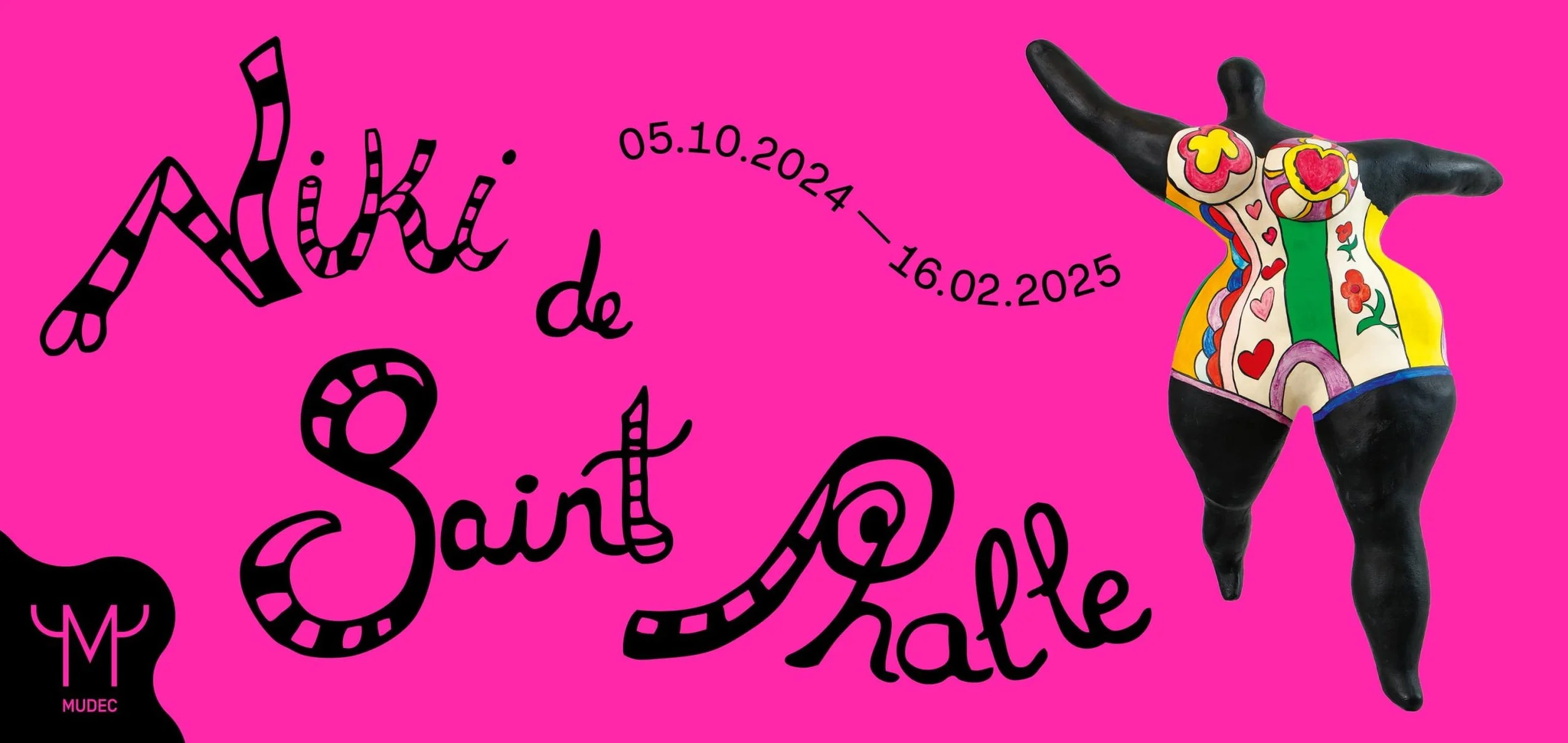The exhibition celebrates the Franco-American artist known for her big, colourful Nanas, but also reveals her activism and feminism through a different interpretation of her work. The exhibition project traces Niki's entire artistic life from the beginnings to her latest works, focusing on the social and cultural issues at the core of her art: love for life, femininity, gender equality, the fight to end violence against women, patriarchy, racism, and all forms of discrimination and oppression against the weakest. A complex portrait of an artist who cannot be defined in a univocal way: on the one hand a visionary artist, an independent celebrity proud of her art, and on the other hand her humanity and sensitivity.


